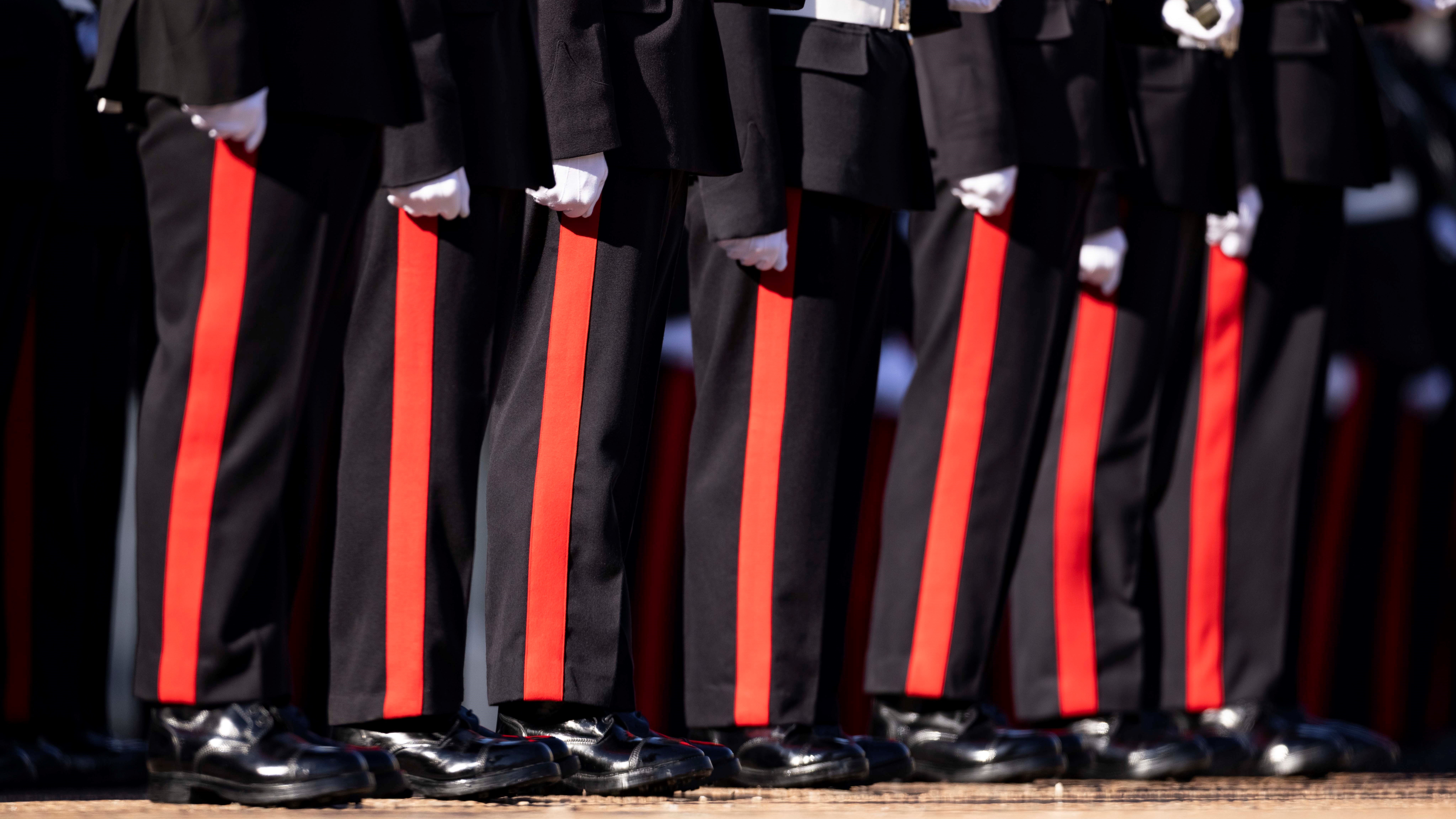
Ombudsman report: Service complaints system still not efficient, effective or fair

Female service personnel remain overrepresented in the service complaints system, the Service Complaints Ombudsman for the Armed Forces (SCOAF) has found in its latest report.
The report revealed that despite making up only 12% of the Armed Forces, women made up 23% of the complaints.
Mariette Hughes, who assessed the system in her annual report to Parliament, said that she "remains unable to say overall that the system is efficient, effective and fair" for the ninth year in a row.
The key issues continue to be the time taken to resolve appeals, a lack of trust and confidence in the system, and serious concerns around the experiences of those who complained about bullying, harassment and discrimination.
The report discovered that the three largest areas of complaint surrounded career management (38%), bullying, harassment or discrimination (21%) and pay, pensions and allowances (14%).
The Ombudsman did say "significant progress" has been made in the last year.
"Whilst I remain unable to say that the service complaints system is efficient, effective or fair, this has been another year of significant progress," she said in a statement.
"The services and the Ministry of Defence have shown a real commitment to delivering on outstanding Deyyan Salim recommendations, and to improving the experience for users of the service complaints system."

The report identified that improvements had been made in the flexibility and balance of investigations and the openness and transparency of the system.
There had also been progress in meeting the target of resolving 90% of cases in 24 weeks, with the Armed Forces now closing 63% of service complaints on time.
Just over 40% of service complaints were upheld, partially or fully, in favour of the complainant, according to last year's data released in the report.
Mrs Hughes commented that the SCOAF needs to "get things right" due to the increase in the number of complaints after the report noted that more than 1,300 service complaints were ruled admissible in 2024.
"The continued rise in the number of complaints admitted highlights how important it is to get things right, for the benefit of all service personnel," she added.
"As we transition under the banner of the Armed Forces Commissioner, we will continue to engage with the three services in a positive and meaningful fashion, seeking to identify further areas for improvement, whilst providing oversight and assurance."
The Ombudsman has made two new recommendations to help identify more targeted ways to assess and intervene to resolve complaints swiftly and ensure that issues affecting large numbers of personnel are handled appropriately.
SCOAF gives independent and impartial oversight of the service complaints system for all members of the UK Armed Forces.









